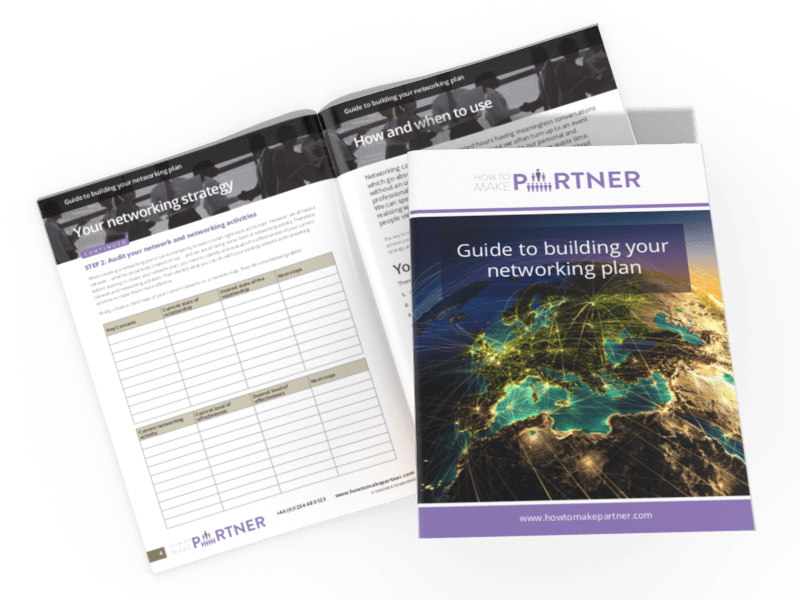The advice on using social networking to find a job in the past has been fairly scarce. Most blogs have given tips on “what to bear in mind if you’re going to make social networking sites part of your job search” with the message that it’s a ‘nice idea’ – getting a new job or at least an interview from the comfort of your own home – but it’s not quite realistic. Fast forward a couple of years and this is now the reality. It’s not ‘if’ but ‘how’ you’re going to be using social networking to find a job. Whether you use Twitter, LinkedIn or Facebook, or all three, here is how to use your social network to find your next role.
Using social networking to find a job; 5 things you must do
1) Review your online reputation
If you want to start using social networking to find a job, then you must look at your profiles first. Would you be happy if your potential employers saw them as they are? Would they be happy? Would they get a positive impression of you or a negative one? It’s all very well planning to woo potential new employers and contacts through your tweets, Facebook updates and LinkedIn recommendations, but don’t forget that employers can see all your status updates, photos, videos and groups. Unless you lock your social networking profiles, potential employers can view them even if you don’t initially contact them through Facebook or Twitter. All they have to do is Google your name. So what should you do if you want to start using your social network to find your next role? You need to:
- Review your social channels and remove any inappropriate Facebook pictures or statuses (e.g. perhaps you’ve been moaning about your current employer on Twitter).
- List new skills or interests that are relevant to your potential employer and the industry they are in (e.g. if you’re looking for a role in tourism, you’ll need to list travel & culture as an interest).
- Start using your channels in a professional manner (e.g. posting or creating relevant content).
Even if you don’t want a new job right this minute, it’s worth changing your online habits anyway if you a) will potentially be job hunting in the future and b) your current employer wouldn’t be impressed if they checked your Facebook page as it is now.
2) Find out where you need to be
Using social networking to find a job isn’t just a case of brushing up your online profiles and waiting for potential employers to flock to you. It isn’t as simple as just tweeting “I’m looking for a job in tourism, please contact me if you can help” either. Don’t get me wrong, if you optimise your profiles (especially LinkedIn) for the keywords of your job role or industry, you will be seen and approached with offers, they just won’t necessarily be the ones that you want. To land the job role that you’re looking for, you need to be more proactive in your approach. It’s unlikely that the employers that you want to get in front of will find you on their own, so do just that, get in front of them. Find out where you need to be and start there. Twitter has various types of applications that can help you seek out potential employers and useful contacts. Directories such as Twellow can help you find people in your chosen field; keyword trackers like Monitter can identify who’s using phrases specific to your industry, and you can use apps such as Twitscoop to track trends and events related to your desired job. On both Facebook and LinkedIn, you can join groups discussing your career interests, with the latter also having a Q&A function where you ask and answer the questions that will draw you into a network of potentially useful contacts. LinkedIn is a particular goldmine when it comes to looking for potential employers. Current membership levels are at 690+ million in over 200 countries and territories worldwide; 61 million LinkedIn users are senior-level influencers and 40 million are in decision-making positions. (Find out how to build a profile that gets you found!)
 Click here to download your FREE networking plan (email required) taken from the bestselling and award-winning book “The Financial Times Guide To Business Networking.”
Click here to download your FREE networking plan (email required) taken from the bestselling and award-winning book “The Financial Times Guide To Business Networking.”
3) Build relationships with the key players
We all know the phrase “It’s not what you know, it’s who you know,” so who do you need to know to get the job that you want? Once you’ve found contacts that could be useful to you, you then need to start building an online relationship. Why? Because if you just ask them if they know of any vacancies going and leave it at that, you’re just one interested party out of the hundreds. If you build a relationship with these key players, however, even if they don’t have a vacancy that would suit you straight away, you’re ensuring that you will be front of mind when something relevant does come up further down the line. By all means speak with them about your job search, your skills and your industry of choice; just make sure not to make it all about you. What makes a relationship, both offline and online is a mutual understanding that there should be equal give and take. For example, reply to your contacts’ tweets asking for help and contribute to the discussions they start. Not only does it show that you’re willing to give, but it also showcases your expert knowledge of their particular industry or field.
4) Be willing to learn
Although it is important to show that you have both interest in and knowledge of your chosen industry, it’s also important to demonstrate your willingness to learn and to build up your skills. This is a mistake that many professionals make when it comes to using social networking to find a job: they think that they need to know everything already. What many underestimate is that showing eagerness, desire, and motivation is just as powerful. So how can you show that you’re willing and eager to learn? Ask industry players for advice about your job search, use group discussions to clarify points you’re uncertain of, and listen in on others’ conversations and discussions. You can also use social networking to build up your experience and skill set offline. Even if you ask someone if they know of any paid positions coming up and they don’t, you can press them for information on volunteering or work experience opportunities. If you’ve actually set out to gain some voluntary work experience before looking for a paid job, connect with the voluntary sector experts that can sort you out with opportunities suited to your desired career path.
5) Use other job-seeking strategies too
Don’t limit yourself to one method. As useful as social networking is in getting a new job, it’s not the only way. To effectively network and job hunt, you will need to integrate both offline and other online strategies, such as looking at relevant companies’ websites, attending virtual events and webinars, and using your existing contacts. Only when you try a bunch of different strategies can you identify the most effective combination that works for you and the industry that you’re trying to target. (Spend less time networking and more time winning business!)
Start leveraging your social network
If you want to start effectively using social networking to find a job (and you should be because the current pandemic calls for it!), you need to start taking these 5 steps. Once you have reviewed all of your social profiles and optimised them for your role and industry that you’re targeting, only then can you start building relationships with the key players and be front of mind when they are ready to hire. Just don’t forget to be willing to learn and try a mixture of job-seeking strategies too.
 Click here to download your FREE networking plan (email required) taken from the bestselling and award-winning book “The Financial Times Guide To Business Networking.”
Click here to download your FREE networking plan (email required) taken from the bestselling and award-winning book “The Financial Times Guide To Business Networking.”








